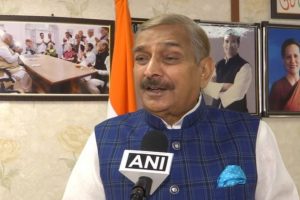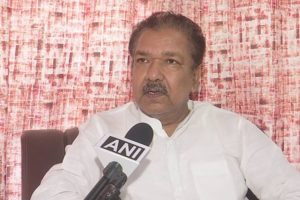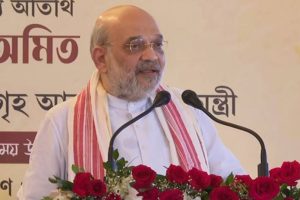The Government of India on Friday announced that June 25 will be remembered annually as “Constitution Murder Day” in remembrance of the Emergency declared by the Indira Gandhi government in 1975.
Union Home Minister Amit Shah said that the day would serve as a reminder of the significant sacrifices endured by those who faced the severe hardships of the 1975 Emergency, highlighting their immense contributions.
“On 25 June 1975, the then Prime Minister Indira Gandhi, showing her dictatorial mindset, strangled the soul of Indian democracy by imposing an emergency in the country. Lakhs of people were jailed without any reason and the voice of the media was suppressed. The Government of India has decided to celebrate 25 June every year as ‘Samvidhan Hatya Diwas’, Shah wrote in a post on X.
“The decision made by the government led by PM Shri @narendramodi Ji is intended to honour the spirit of millions who struggled to revive democracy despite facing inexplicable persecution at the hands of an oppressive government. The observance of ‘Samvidhaan Hatya Diwas’ will help keep the eternal flame of individual freedom and the defence of our democracy alive in every Indian, thus preventing dictatorial forces like the Congress from repeating those horrors,” the Home Minister added.
Earlier on June 26, the Lok Sabha adopted a resolution condemning the Emergency imposed by then Prime Minister Indira Gandhi as Speaker Om Birla read out the resolution condemning the act and said that June 25, 1975, will always be known as a black chapter in the history of India.
On the occasion of the completion of 50 years of Emergency imposed in 1975, Birla praised the strength and determination of all those who strongly opposed the Emergency, fought and protected India’s democracy.
Birla said, “This House strongly condemns the decision to impose emergency in the country in 1975. Along with this, we appreciate the determination of all those people who strongly opposed the emergency, fought an unprecedented struggle and took the responsibility of protecting the democracy of India.”
He added, “The day of June 25, 1975, will always be known as a black chapter in the history of India.”
The Emergency of 1975 in India stands as a stark chapter in the nation’s history marked by widespread political turmoil and civil liberties suppression.
Declared by then-Prime Minister Indira Gandhi, the Emergency saw the suspension of fundamental rights and the imposition of strict censorship, aiming to quell political dissent and maintain order.
It resulted in the arrest of thousands of opposition leaders, activists, and journalists without due process, leading to a climate of fear and uncertainty.
The period witnessed significant curtailments of press freedom and civil liberties, with media outlets facing censorship and restrictions on reporting.
The Emergency was lifted in 1977 following widespread public outcry and electoral defeat for the ruling party, underscoring the resilience of democratic institutions and the importance of upholding constitutional values in India’s political landscape.
The legacy of the Emergency continues to serve as a reminder of the fragility of democratic freedoms and the necessity of safeguarding them against authoritarian tendencies.





